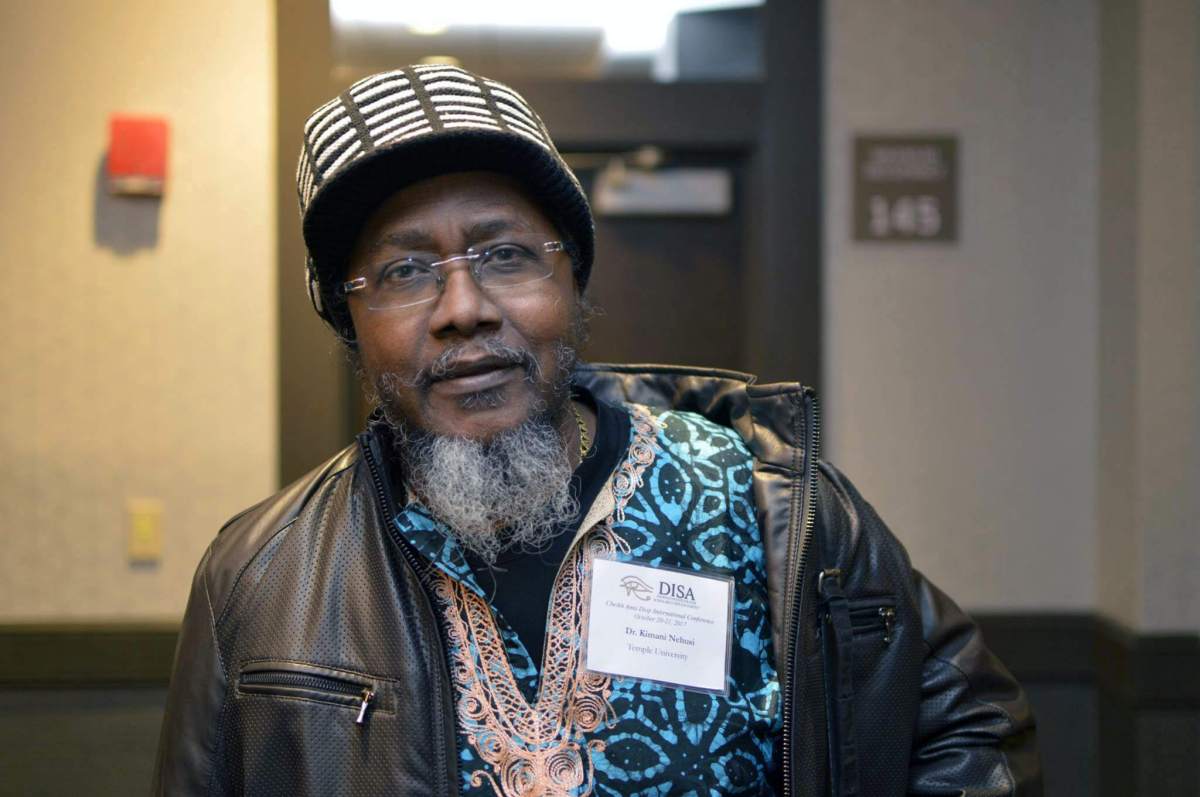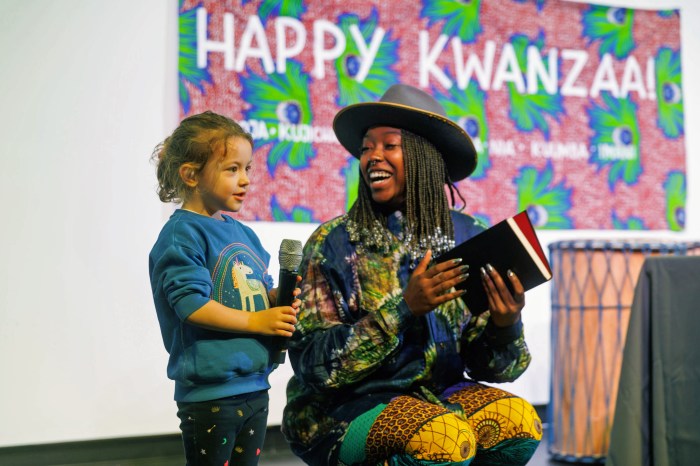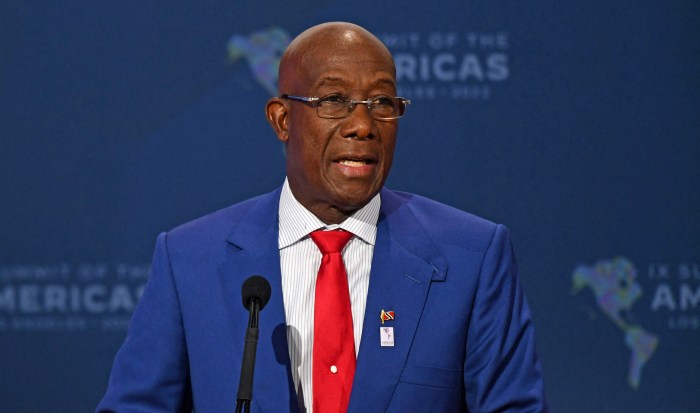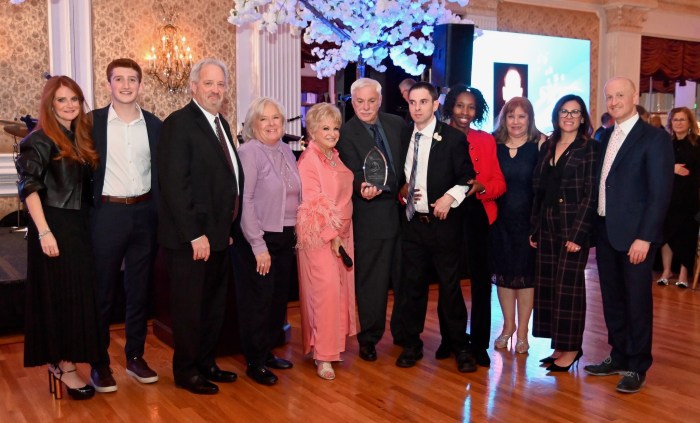Dr. Kimani Nehusi, during a Dec. 3 virtual “Spill the Facts Talk Show” to educate the community about Kwanzaa, explained that the main principal of the festival is Umoja: unity of yourself, in harmony with others around you, with the environment, the community and the ancestors.
“Kwanzaa Teach-in,” moderated by Tiffany Vasquez, with presenter, Clementine Marshall, a 25-year member of the Guyana, African Cultural and Development Association (ACDA), gave viewers a broad perspective of the origin and history of Kwanzaa, celebrated from Dec. 26 – Jan. 1.
Dr. Nehusi, a multi-disciplinary scholar with strong interests in language and linguistics, history, culture and research methodology, and whose research interest from ancient to modern times, the Caribbean and Guyana, for which he received many honors from different parts of the world, said it is not only important to emphasize the African culture but living it is paramount.
He joined the African United Front while living in London, England, and began organizing Kwanzaa gathering. “We saw Kwanza grow in London, quickly attracting hundreds of people, the biggest gathering of African people in Europe for a non-religious occasion, all decked out in African robes.”
“Kwanza is really thousand of years old. All of the principals have been celebrated in African traditions for thousands upon thousand of years. Some people continue our culture in many ways, said the Cyril Potter College of Education, who completed graduate training in Education where he worked in the Research Unit, and graduated from the University of Guyana with a BA in History with Portuguese and Sociology, and an MS in Guyanese History.
“In Guyana and elsewhere, we have become accustomed to looking down on the Jordanites, he said, singling out Queenstown, Essequibo where he was born, and where many herbalists continues the medical and holistic tradition that is thousands of years old,” said Dr. Nehusi, who has been assistant examiner in the Caribbean Examinations and lectured, conducted workshops, gave keynotes and contributed to radio and television programs in many communities, colleges, universities and workplaces in various parts of the Caribbean, USA, Canada, Europe UK, Holland, Germany, Sweden, Afrika, Nigeria, and Ghana.
“If you look at ancient Africa you will see first fruit, togetherness, creativity. These principals were regularly celebrated in that particular way we call Kwanzaa today, so that our people can continue to celebrate ourselves in our own fashion,” said the educator who held positions in the Universities of Guyana, London, East London, founded and was director of Africa Studies Center at the University of East London.
The academic said, “Kwanzaa is a rebirth, a ‘sankofa’ moment, a reconstitution of ourselves in the Americas. The facet that Kwanzaa has taken off so quickly shows how there is more that enough proof of the importance of our people at this moment.”
“People must be able to celebrate in their own significant way. Observing Kwanzaa is part of our way of reminding ourselves, who we are and what we must do.”
Dr. Nehusi reminded the community of self determination, collective work and responsibility, for example, family coming together the first day to light the unity candle and converse and make amends.
Cooperative economics mean supporting black cause by buying from each other, urged the academic who graduated from the University College of London with a PhD in Caribbean History, and from the University of London with a Diploma in Egyptology, including Advanced Translation of Middle and Late Egyptian Texts.
He was an assistant examiner in the Caribbean Examinations, and lectured, conducted workshops, gave keynotes and contributed to radio and television programs in many communities, colleges, universities and workplaces in various parts of the Caribbean, USA, Canada, Europe (UK, Holland, Germany, Sweden, Denmark) and Africa (Nigeria, Ghana, South Africa).
Dr. Nehusi is a research associate at the Institute for Economics Research on Innovation, Tshwane University of Technology South Africa, associate professor in the Department of Africology at Temple University in the USA, and professor of history at the University of Guyana.
“Speak for yourself, do things to benefit you, and community, will bring desire, and symbols very important to the culture, like cane, straw mat, foundation, corn- fertility/growth – harvest and celebration, he inspired.



















